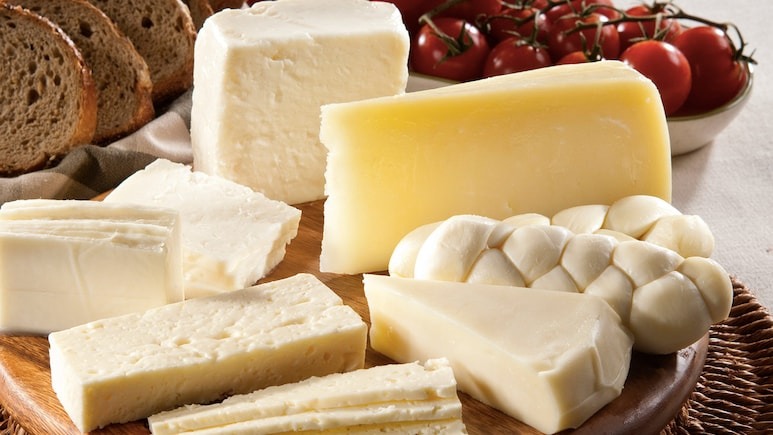
International: A daring heist in the UK in October put the spotlight on the profitable but risky world of luxury cheese. The incident, dubbed “the grate cheese robbery,” saw 22 tonnes of premium British cheese disappear after a fraudulent order was placed under the guise of a French supermarket chain. The stolen consignment, valued at over £300,000 (around Rs 3.26 crore), comprised specialty cheese from farms in Somerset, including Hafod, a rare cheddar aged for 18 months.
Patrick Holden, the dairy farmer behind Hafod, was initially thrilled by what he believed to be the largest order his farm had ever received. “It was the biggest order for our cheese we've ever received,” Holden told BBC, adding, “And, because it was from France, I thought, ‘finally, people on the continent are appreciating what we do'.”
His excitement waned when the order turned out to be a scam, and the cheese disappeared after being collected by a courier. In late October, a 63-year-old man was arrested in London, he was later released on bail. Since then, there have been no updates, and the 950 truckles of cheese – around the weight of four full-size elephants – disappeared without a trace.
The stolen cheese, including £35,000 (around Rs 38.13 lakh) worth of Hafod, was processed through Neal's Yard Dairy, an upmarket London wholesaler. The heist shocked the cheese industry, which the criminals have targeted due to the rising value of luxury dairy products.
While the scale of the cheese theft was extraordinary, it is part of a broader rise in food-related crimes that cost the global food industry billions each year. Cheese, especially high-end varieties, has become an attractive target for organised criminals. From smuggling and counterfeiting to outright theft, food-related crimes have flourished, with some gangs specialising in stealing valuable products like Parmigiano Reggiano and cheddar.
“Cheesemaking is an energy-intensive business,” the BBC quoted Patrick McGuigan, a dairy sector specialist, as saying. “There was a big price increase following the disruption caused by Russia's invasion of Ukraine,” added McGuigan. The economic impact of the war and ongoing inflation has made cheese increasingly expensive, driving demand among criminals seeking to profit from this lucrative market.
Notably, the price of cheese in the UK has increased of late, with some varieties seeing price hikes of up to 6.5% in just 2024. “Based on price alone, cheese is one of the most desirable foods a criminal can steal,” McGuigan said.
Luxury cheese theft is not only about high prices. Food holds additional appeal for criminal networks. Andy Quinn of the National Food Crime Unit (NFCU) said, “They (criminals) know crimes involving food result in less severe convictions than for importing drugs, but they can still make similar amounts of money.” It's especially true when it comes to premium cheese.
The black market for stolen cheese is global. In 2016, £80,000 worth of Parmigiano Reggiano was stolen in Italy.
“Cheese and wine are two of the most common products being transported illegally into Russia,” says Professor Chris Elliott, founder of the Global Institute for Food Security.
--Advertisement--

 Desk
Desk Share
Share






